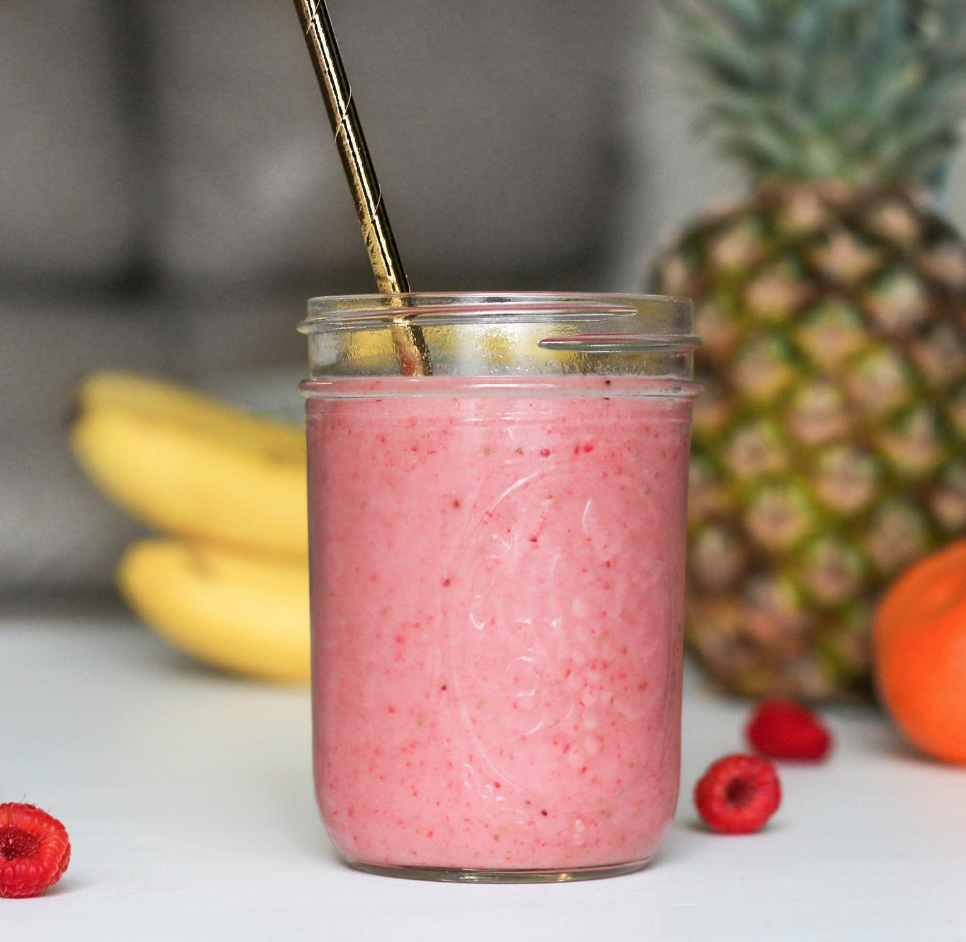Greatest Dieting Myths, Debunked
Subscribe to our newsletter
For more recipes, wellness tips and fitness updates

Q&A Lead By Our Expert Dietitians
Our dietitians have come together to answer some of your burning questions related to dieting and leading a healthy lifestyle. With mainstream media constantly pushing for fad diets and ‘quick fixes’, it’s important to rely on the facts and dispel some commonly believed myths!
1. ‘What are your thoughts on Intermittent Fasting?’
Dietitian Response:
It is important that any approach to weight loss or dietary change is undertaken after careful consideration as there is no one–size fits all! Research on intermittent fasting (IF) is promising, however most of the research to date has been carried out in rat models, rather than in humans. These studies have shown some promising outcomes such as weight loss, reduced blood pressure and improved blood sugar control, in rats. Some studies carried out in humans, show that IF can be a safe and effective method, but that it is not necessarily ‘better’ than another approach to weight loss.
2. ‘When losing weight, you can only shrink your fat cells you can never actually lose them?’
Dietitians Response:
Yes, there is some truth in this. When you lose weight, adipose tissue (body fat) is converted to carbon dioxide and water. This carbon dioxide is exhaled in your breath and water joins other bodily processes.Adipocytes (fat cells) like all cells in the human body have a life cycle and they do gradually die off, however, they are replaced by new cells (approximately 10% of fat cells are renewed annually). Studies show that the number of adipocytes (fat cells) generally stays constant in adulthood, even after weight loss suggesting that the number of adipocytes is set during childhood and adolescence.
3.‘Bread is as bad as they all say’
Dietitians Response:
Firstly, carbohydrates are not the enemy! It is really unhelpful to label any carbohydrate-containing food as ‘bad.’
They are an important source of fuel for our brains, muscles and organs. Food sources of carbohydrates are often a great source of other nutrients too (like B vitamins, iron and calcium). Many foods containing carbohydrate are also good for our gut health! For example wholegrains / fruits contain plenty of fibre, helping us feel fuller for longer, prevent constipation and to feed our good gut bacteria!
If we do not have enough carbohydrate in our diet, our bodies can convert fatty acids into ‘energy’ to meet the demands of our brain. We may end up feeling weak, unable to concentrate and very hungry if this is the case!
While low carbohydrate diets can help with weight loss in the short term, it is often loss of carbohydrate stores in our body that is bound to water that we see as weight loss. This is not the same as fat loss and not related to health or well-being. And a low carb diet is rarely sustainable in the long term.
In general, it is a good idea to be aware of portion sizes of all foods including carbohydrate, especially if we are trying to lose some weight and bear in mind that restricting any one food group (including carbohydrate) is generally not recommended for many reasons including dietary deficiency and health issues.
Plus, aim to choose the less processed, wholegrain options where possible to increase fibre intake e.g. brown bread / rice / wholegrain oats. Do also moderate refined carbohydrate intake from sweet foods such as confectionary, fizzy drinks etc.
4. ‘How do I speed up my metabolism? Is that a real thing?’
Dietitians Response:
Metabolism refers to all of the chemical reactions that take place in the human body to sustain life including breathing! All of these chemical processes require energy and the minimum amount of energy your body requires to carry out these chemical processes is called basal or resting metabolic rate and this refers to the number of calories your body requires at complete rest. Your basal metabolic rate is largely determined by weight, age, gender, genetics and body composition. Your basal metabolic rate plus the energy expended through digesting food, the energy you expend through daily activities and the energy you expend through structured exercise makes up your total daily energy expenditure. There are a number of ways you can influence your metabolic rate for example;muscle cells require more energy than fat cells so those with greater muscle mass tend to have a higher metabolism, high intensity interval training (HIIT) can result in something called ‘excess post exercise oxygen consumption EPOC’, also known as afterburn, which can give a temporary boost in your metabolic rate. Whilst HIIT might be an effective and time efficient form of training, it isn’t for everyone and so when it comes to exercise, there is no one-size fits all.
5. ‘If I’m stressed or hungry will my body hang onto fat/weight?’
Dietitian Response:
Let’s think about the stress component first. When we are ‘stressed,’ there are hormones such as cortisol and adrenaline which are released, getting the body ready for the ‘fight or flight’ response, in reaction to the source of stress (or ‘stressor’.) We might notice a pounding heart, changes in our digestion, feeling panicky or irritable for example.
If the stress is ongoing for a long time, we may experience an over-exposure to these stress hormones, which can have an impact on our weight / fat stores in two ways. Firstly, chronically raised levels of cortisol and adrenaline may increase our appetite and many of us associate stress with comfort eating as a way to numb or manage the uncomfortable feelings associated with stress. We are often driven to eat foods that are high in fat / sugar / alcohol. However, the relief we may get from having these foods in times of stress is often short-lived. Secondly, the cortisol and adrenaline in our bodies may impact on the way our bodies use fuel from the food we eat, leading to fat storage (particularly around the middle) and weight gain.
This is why it is important to think about our stress-management strategies, to make sure that food isn’t our only go-to during stressful times. There may be several techniques we can try including exercise, spending time in nature, trying meditation / deep breathing exercises or chatting with loved ones.
Moving onto hunger, it is important to realise that this is a normal physiological response to our bodies needing fuel. Just because we eat something when we are hungry, doesn’t necessarily mean our bodies ‘hang onto it’ as fat!
What matters is that we are in tune with our appetite and hunger cues and eat appropriately sized and balanced meals and snacks at frequent intervals throughout the day. If we allow ourselves to become ravenous (perhaps going long periods without enough food), this often leads to us over-eating to satisfy extreme hunger. If this occurs regularly, we may end up exceeding our calorie needs, resulting in weight gain / fat storage.
The trick is to fuel our bodies frequently, to keep our nutrient levels, appetite and energy levels as stable as possible.
— A special thank you to our expert dietitians: Lydia, Nicola & Sabrina who have taken time to answer all of your questions.
Answers are not a substitute for individualised dietary advice.
& More
Receive 10 free recipes to your inbox!
Sign up and we will send you 10 free recipes






